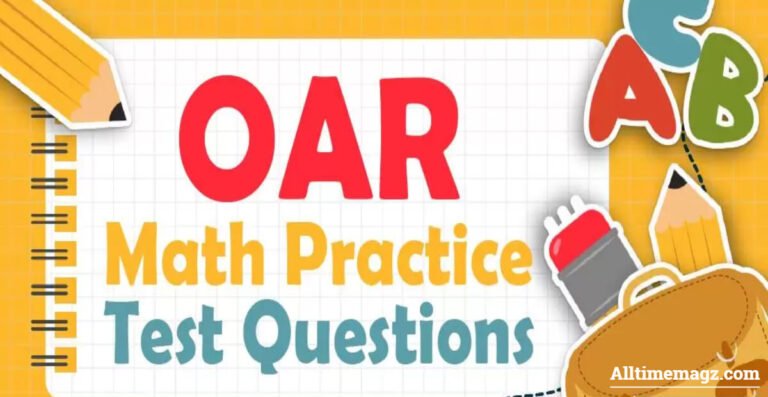What is the OAR Exam?
The OAR or Officer Aptitude Rating, is a key test for those wanting to be naval officers in the U.S. It checks your thinking skills in math, verbal reasoning, and reading comprehension. Doing well on the OAR can really help your career in the U.S. Navy.
Overview of the OAR Test
The OAR exam has several parts that test different skills. You’ll face questions on math, verbal reasoning, and reading comprehension. It’s made to see if you can handle the tough world of naval officer training and service.
Importance of the OAR for Naval Careers
Getting a good score on the OAR exam is very important for naval officer hopefuls. Your test results are a big part of getting picked for officer roles. A high score can lead to many exciting jobs in the U.S. Navy, from leadership to technical roles.
| OAR Exam Overview | OAR Test Format | Importance of OAR for Naval Careers |
| Assesses cognitive abilities and aptitude in math, verbal reasoning, and reading comprehension | Comprised of multiple sections that evaluate different skills and knowledge areas | Crucial for the officer selection process and can impact career opportunities within the U.S. Navy |
Preparing for the OAR Practice Test
Getting ready for the OAR (Officer Aptitude Rating) practice test is key to doing well on your naval exam. By using smart strategies and improving your skills, you can feel more confident and do your best on the test. Here are some tips to help you how to prepare for the OAR exam and get better at OAR practice test preparation.
First, get to know the test’s format and what it covers. Look over the OAR test sections and the kinds of questions you’ll see. This will help you focus your studying. Spend your time well and practice often to get better at math, verbal skills, and reading.
Test Format and Sections
Knowing the OAR practice test format is key to doing well. The test has four main parts: Arithmetic Reasoning, Mathematics Knowledge, Verbal Analogies, and Reading Comprehension. Each part tests different skills needed for a naval career.
The Arithmetic Reasoning section checks your math problem-solving skills. The Mathematics Knowledge section looks at more complex math. Verbal Analogies test your ability to reason and analyze words. Reading Comprehension focuses on understanding written texts.
Tips for Effective Preparation
Here are some tips to help you pass the OAR practice test:
- Learn the test format and how each section is weighted. This helps you plan your study.
- Take OAR practice tests often. This gets you used to the exam’s layout and types of questions.
- Work on your math skills, especially in arithmetic, algebra, and solving problems.
- Practice reading different types of texts. This includes technical manuals and literature.
- Boost your verbal skills by working on analogies, synonyms, and antonyms.
- Practice managing your time during tests. This ensures you finish all sections.
By understanding the OAR test format and using these tips, you’ll be ready to ace the naval exam. This will help you reach your career goals.
Math Skills for the OAR Exam
Doing well on the OAR exam means you need to know your math. The test covers arithmetic and algebra, key for future naval officers. Learning these basics will help you do great on the OAR practice test.
Verbal Skills for the OAR Test
The OAR (Officer Aptitude Rating) exam tests your math skills and verbal reasoning. This section will help you improve in vocabulary, reading, and language analysis. These skills are vital for success in naval roles.
Strong OAR verbal skills are essential. They show you can communicate clearly, think analytically, and solve problems. These are important for a successful naval career.
Understanding Your OAR Scores
When you look at your OAR practice test results, it’s key to grasp the scoring system. This helps you see where you’re strong and where you might need to work harder. It’s all about getting ready for the real OAR exam.

